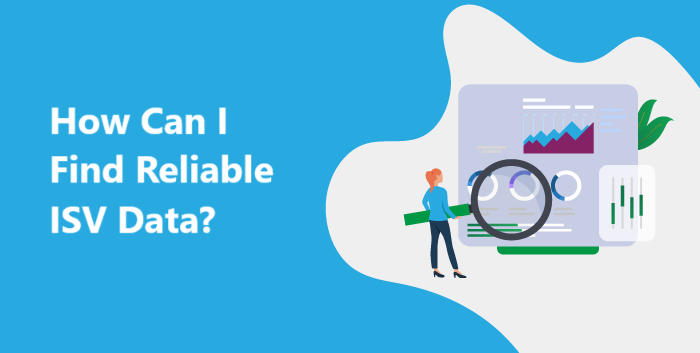I’ve been in marketing a long time (for nearly 20 years if you can believe it). More and more over the years I’ve come to realize that being a generalist (having an offer that can potentially target anyone) is nice, but focusing on niche market segments (one particular section of the market that has high potential to connect with a product or service) is a great way to specialize and get good at doing something highly precise.
I kind of equate this marketing idea to organic foods. Maybe that’s because one of the companies I worked with prior to joining MediaDev was a certified-organic fish farm. (Yes, you read that right!) The company raised traditional Mediterranean sea-bass and sea bream and decided to go organic because it was a way for them to differentiate themselves from their competitors. It meant that they’d have to raise their prices (because of a significant increase to operational costs), but it also meant tapping into a market segment that was under-served.
Marketing software is not much different — finding the right angle to approach various functional business decision-makers can be challenging if they feel your solution is too general; they want to know what’s in it for them. How will this solution help me from the day-to-day with my priority tasks? Will it communicate with other systems that I have in place already? Can it consolidate processes to make my life easier?
Instead of casting a wide net in mass-media and large-event marketing, niche marketing zeroes in on strategically selected platforms that have high concentrations of targeted consumers.
Here are a few tips to do just that:
Know your niche like the back of your hand
If you want to focus on a niche, you need to know that niche well. As I mentioned in my previous article, The Perfect Pitch, knowing your audience and their business needs is key to positioning your product as the potential solution. Get to know your niche by joining groups and forums where your buyer personas hang out, and engage in discussions with them to better understand what their challenges are.
Find the problem and solve it
Niche marketing usually starts with a problem that no-one has thought to solve (yet). So, what’s the issue and how can it be addressed? How does your product or service bring an innovative (or disruptive) solution to the table? The answers to this should be at the core of your marketing strategy.
Rethink your content and how you spread the word
One-size-fits-all content is not going to work if you want to target a niche. Develop content that speaks directly to your niche and encourage end-users to initiate word-of-mouth buzz. Conversations among consumers are more powerful marketing techniques than traditional advertising anyway. Brand exposure may be subtle and take longer to yield results, but generally word-of-mouth recommendations carry more weight. Using key influencers from your niche market and enlisting them as brand champions can help increase exposure.
Listen to your customers
It’s a common mistake to think that you know your company best. Your clients do. Listen to them. Part of your social media strategy should include being present on forums and platforms that your customers are following. You’ll need to listen carefully to what people are saying, and act immediately to rectify your mistakes.
To conclude, niche marketing is important because not only can it help you corner a part of the market where few actors are present, it can also help you to position yourself as a specialist and stand-out from the crowd. I hope these tips help you get the ball rolling!










